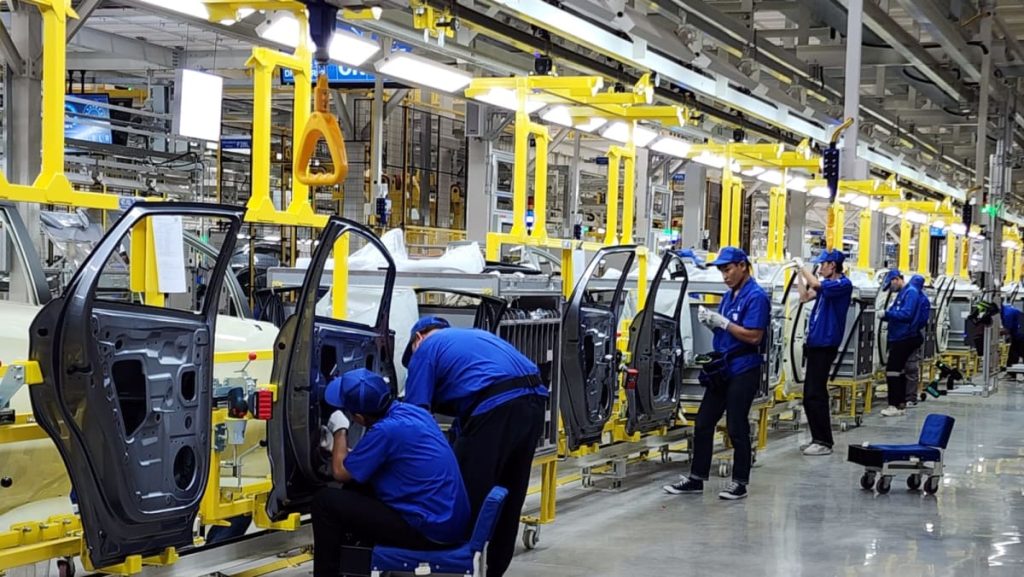In an effort to promote the adoption of electric vehicles (EVs) in Thailand, the government has introduced incentives to entice both investors and citizens to make the switch to green transportation. One major incentive announced last November is that consumers purchasing electric cars, pick-up trucks, or e-motorbikes will receive government subsidies ranging from 20,000 THB to 100,000 THB per unit, depending on the vehicle type and battery capacity. These subsidies are aimed at encouraging motorists to consider the long-term benefits of EV ownership.
Thai marketing executive Manon Sirianan is one such individual who recently transitioned from a gas-powered vehicle to an electric one. He noted that the government subsidy played a crucial role in his decision to purchase an EV, as it offered him the opportunity to save on fuel costs in the long run. With his EV, Manon now spends only a fraction of what he used to on gasoline, highlighting the financial advantages of making the switch to electric transportation.
Beyond government incentives, Thai companies are also taking steps to address the environmental and economic challenges posed by traffic congestion in the country. Homegrown brand HSEM Motor, known for producing electric golf carts, expanded its product line to include electric bikes to meet the needs of both individuals and corporations. CEO Wanchai Leenawatthana emphasized the cost savings potential of e-motorbikes for consumers in Bangkok, where high gas prices can significantly impact household expenses.
The shift towards electric transportation is seen as a sustainable solution to reduce noise and pollution in Thailand’s crowded urban areas. By embracing EVs, individuals and businesses can not only benefit from lower operating costs but also contribute to a cleaner and quieter environment. The government’s initiatives to promote EV adoption are part of a broader strategy to build a more sustainable transportation infrastructure that aligns with global efforts to combat climate change and reduce reliance on fossil fuels.
As more motorists and companies in Thailand embrace electric vehicles, there is hope for a gradual shift towards a greener and more sustainable transportation system. The combination of government incentives, consumer awareness, and innovative solutions from local businesses like HSEM Motor is driving the country towards a future where EVs play a prominent role in reducing emissions and improving air quality. The changing mindset towards green transportation reflects a growing realization of the benefits of electric vehicles not only in terms of cost savings but also environmental preservation and long-term sustainability.
In conclusion, the Thai government’s push to promote electric vehicles and the efforts of companies like HSEM Motor to offer sustainable transportation solutions are integral to changing the mindset towards green transportation in the country. By incentivizing the adoption of EVs through subsidies and raising awareness about the benefits of electric vehicles, Thailand is moving towards a future where clean and efficient transportation is the norm. With the potential for significant cost savings and environmental benefits, the transition to electric vehicles represents a positive step towards a more sustainable and environmentally friendly transportation system in Thailand.















